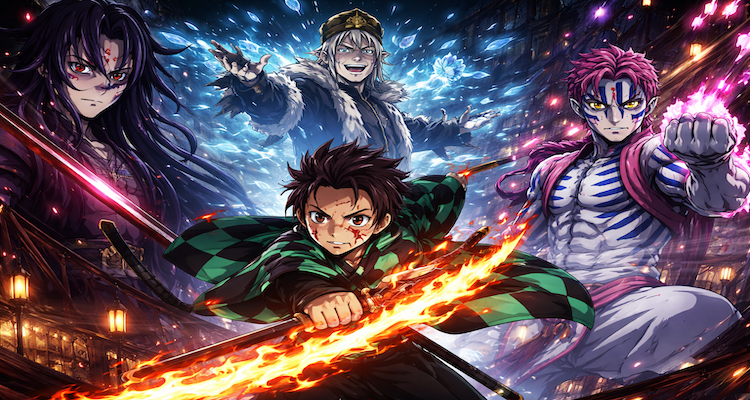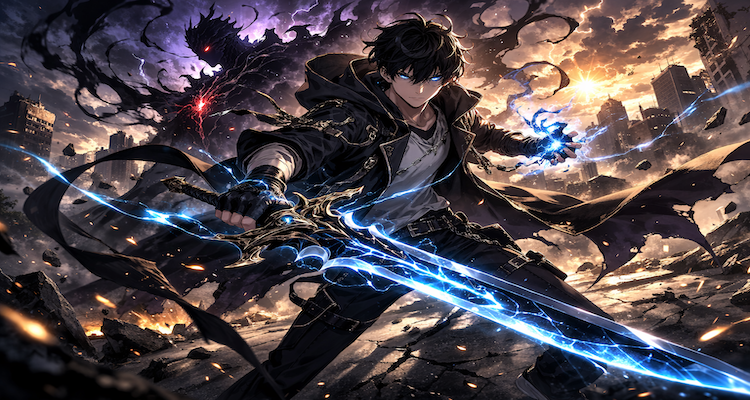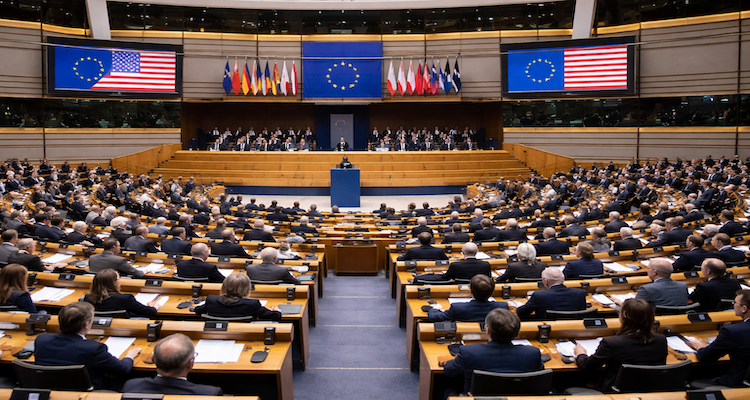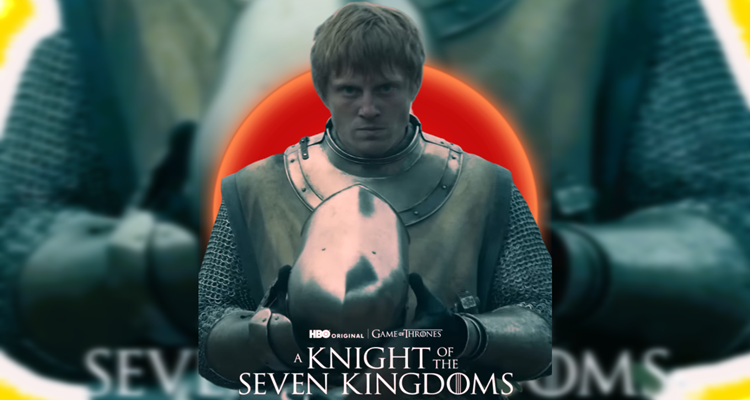The Secret Religion of Memes You Didn’t Know You Belonged To
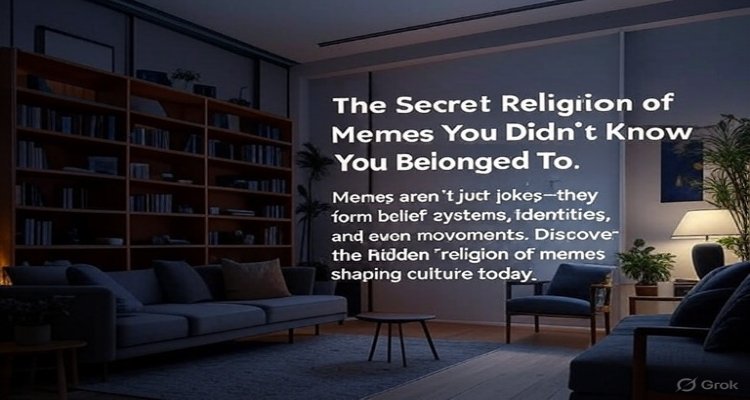
Memes aren’t just jokes—they form belief systems, identities, and even movements. Discover the hidden “religion of memes” shaping culture today.
Introduction: When Jokes Become Something Bigger
Open your social media feed, and you’ll see them everywhere—memes. They slip into your daily scrolling as lighthearted distractions, quick laughs, or absurd jokes. But what if memes were more than fleeting entertainment? What if they were shaping how you think, behave, and even believe—quietly functioning like a religion you never realized you had joined?
The Rise of Memes as Digital Symbols
Memes began as simple image macros—funny captions over stock photos. Over time, they evolved into cultural shorthand, condensing shared experiences, frustrations, and values into bite-sized visuals.
Like religious symbols, memes spread by replication. A cross or crescent once united followers through recognition; now, a Pepe the Frog, Wojak, or SpongeBob reaction image does the same in online communities. Richard Dawkins, who coined the term meme in 1976, described them as “units of cultural transmission.” Decades later, that transmission has taken on spiritual undertones.
Memes are no longer just about comedy—they create shared rituals (posting, remixing, reacting) and collective identities, much like faith-based traditions.
Memes as Belief Systems
Scroll long enough, and you’ll notice patterns. Certain meme genres foster loyalty, echo chambers, and even moral codes.
- The Irony Gospel: Absurdist humor, where nonsense becomes doctrine, teaching users to embrace chaos and reject seriousness.
- The Motivational Creed: Uplifting memes that inspire resilience, almost like digital sermons of self-help.
- The Political Faiths: Meme-driven ideologies that mobilize voters, protest movements, or conspiracy theories.
Each “meme religion” offers belonging, doctrine (unspoken rules about what’s funny or sacred), and heresy (memes that violate community norms).
Expert Insight: Why We Treat Memes Like Religion
Dr. Susan Blackmore, a psychologist specializing in cultural evolution, has noted that memes replicate and evolve like genes, competing for attention. Applied to the digital age, this competition gives rise to “meme cults” where individuals gather around symbols and narratives.
Cultural analyst Ryan Broderick, editor of Garbage Day, argues that memes serve as “belief delivery systems,” allowing people to join ideological tribes with a simple share.
Even religious scholars weigh in: memes mimic rituals, myths, and shared values, filling the spiritual vacuum in increasingly secular societies.
The Public Reaction: Laughing While Converting
For everyday users, this “meme religion” is unconscious. People rarely say, “I belong to the Church of Dank Memes.” Yet online forums, Discord servers, and even workplace group chats operate like congregations. The rituals are clear: you contribute, you laugh, you share, and you reaffirm belonging.
Public reactions range from amused acceptance—“memes are just jokes”—to genuine concern about their power to radicalize, polarize, or spread misinformation.
Impact & Implications: The Faith We Didn’t Choose
If memes function like religions, the implications are vast. They can unite fragmented communities, offering identity in a hyper-digital world. But they also risk becoming dogmas that spread intolerance, conspiracy theories, or disinformation.
Marketers and political strategists already understand this power, weaponizing memes to influence youth culture and elections. Meanwhile, ordinary users may not recognize how deeply their “meme practices” shape beliefs and behaviors.
The future could see memes formalized further—online cults, digital rituals, even AI-generated sacred imagery. The question is whether this new religion will liberate people with humor or entrap them in ideology disguised as jokes.
Conclusion: More Than Just a Laugh
The next time you laugh at a meme, consider what’s happening beneath the punchline. That shared chuckle is also a ritual of belonging, a reaffirmation of values, a participation in a community.
Memes are the secret religion of our digital age—one you may already practice without knowing it.
Disclaimer :This article explores cultural phenomena surrounding memes. It does not promote or endorse any particular ideology, movement, or online subculture.


